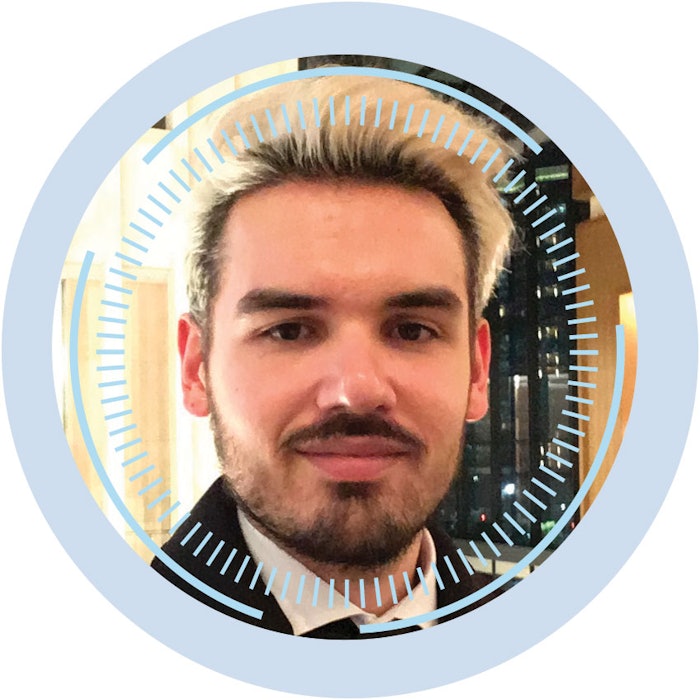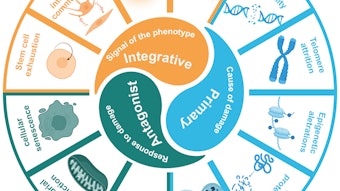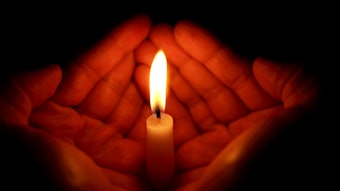
At 26 years old, Victor Hugo Pacagnelli Infante is a pharmacist and biochemist after graduating from the University of São Paulo. Currently, Infante is a Ph.D. student in pharmaceutical sciences with an emphasis on medicine and cosmetics at the University of São Paulo.
Learning from the faculty of Pharmaceutical Sciences of Ribeirão Preto, Infante studies under the supervision of professor Patrícia Maia Campos, who is also a mentor to him. Here, he describes the evolution of his success with Cosmetics & Toiletries, along with his vision for the future success of the cosmetics industry.
Cosmetics & Toiletries: What interests do you have, or current work are you conducting, that relates to cosmetics?
Victor Hugo Pacagnelli Infante: In my Ph.D., I am studying the relation of a contemporary Brazilian man to the cosmetic market. In addition, I develop cosmetic products for this [industry,] always thinking about sustainability, with low prices on the development and with a performance as good as those we find in the market nowadays.
C&T: What do you like most about your work? What do you like least?
VHPI: I love studying how cosmetics are intrinsically related to our expression of individuality. I also realize this market has the potential to bring quality of life to people in a delightful way.
As I work with male audiences, sometimes I find a lot of resistance and a certain prejudice on the part of people, it ends up being a bit frustrating.
C&T: What do you find most challenging about your work?
VHPI: The most challenging part of the job is precisely to show people that cosmetic science is an area with a lot of potential and needs investment, not just financial but also skilled personnel.
C&T: Describe one of your proudest achievements in cosmetics research and development.
VHPI: I could analyze several male volunteers in my research. Their skin already has clear signs of damage from sun exposure without photo-protection, for example. However, those who use cosmetics and have photo-protection habits have healthier skin. It may seem trivial, but it does alert 20-year-olds that using cosmetics is not just a trivial thing, it's clearly a form of care, protection and quality of life.
C&T: What about the cosmetics and personal care products industries excites you?
VHPI: The cosmetic area is related to culture and, in this way, how people relate to each other. Achieving products that can help people become more active as human beings is satisfying. I love knowing this area can change how people feel within their social environment.
C&T: How would you like your role in the industry to evolve? How might the industry help you achieve this? (e.g., education, outreach, mentorship programs, etc.)
VHPI: [As someone] in the academic field, I believe cooperation between industry and academia is necessary. The population asks for innovations and it is up to us, from the academic and industrial area, to develop such products. The industry can help with mentorship programs or partnerships, for example.
C&T: What areas or technologies do you think are untapped for cosmetics R&D?
VHPI: Two areas call my attention and are still crawling in the cosmetic area, at least in terms of scientific publication: skin microbiome and anthropology. The first can provide us with more accurate information about the subtle balance between the microorganisms in our skin and help with safer and more effective cosmetics. The second is important because it deals with our social relations with the cosmetic market that assists in the expression of individuality.
C&T: How do you envision the cosmetics/personal care industry of the future?
VHPI: More and more I see products with precise effects and with greater security. I think this is a trend that will continue for the next few years. Still, I believe with more informed consumers, more marketing will be linked to research, providing accurate information.










